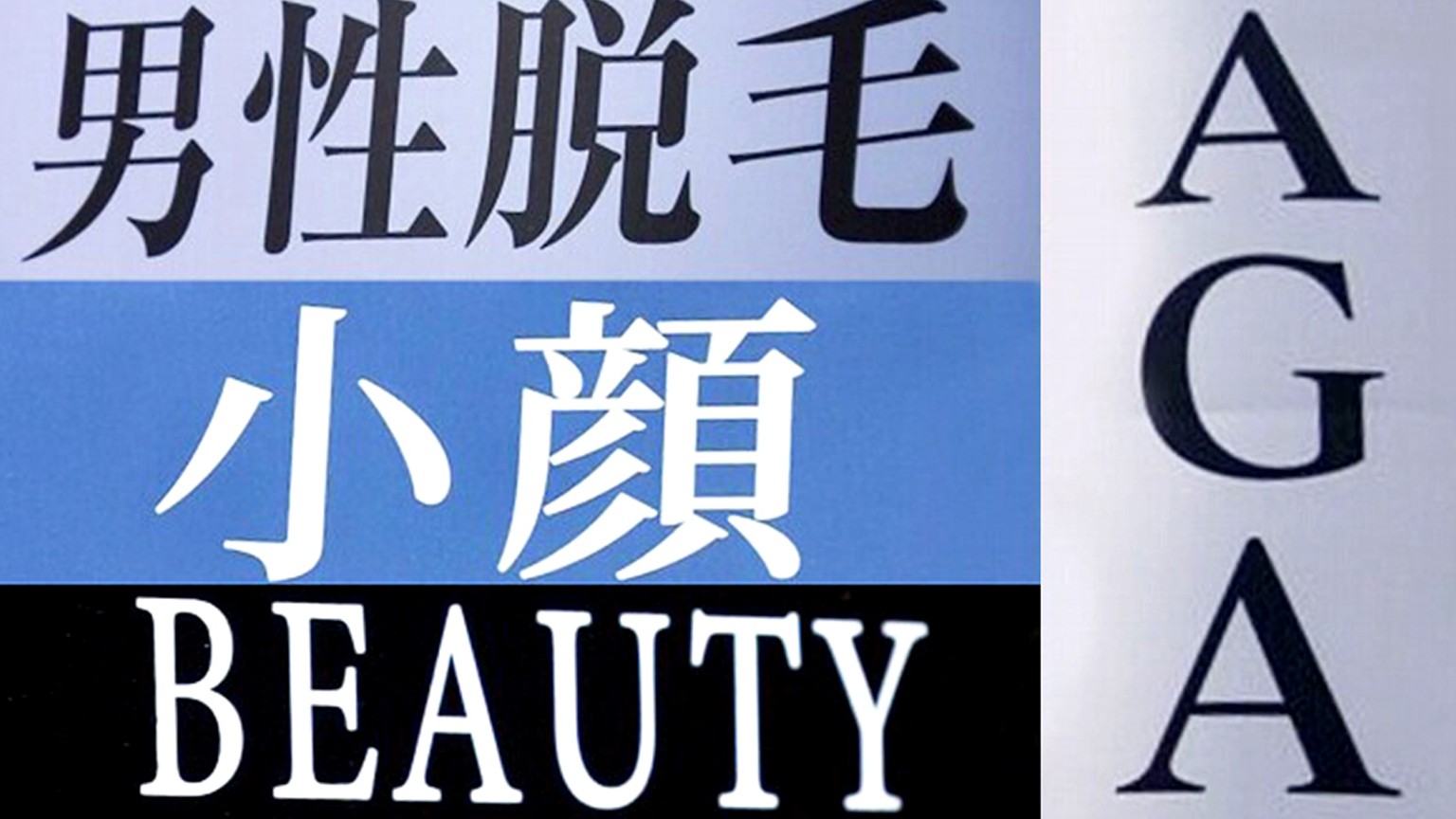The finding comes from an NHK investigation based on disclosure requests and other sources. The number of beauty clinics has shot up over the past five years, according to the probe.
In some cases, medical doctors who are registered as clinic supervisors are suspected of simply lending their names to the operation without taking part in any of the facilities' medical procedures.
These and other problems have prompted experts to call for greater government oversight of the industry.
A surge in complaints
In Japan, most beauty treatments, including hair removal, cosmetic surgery, and treatment for thinning hair, are performed at clinics where customers pay out-of-pocket rather than through national health insurance.
The National Consumer Affairs Center of Japan received 5,833 complaints about such treatments in the 2023 fiscal year, almost triple the number five years earlier.
The organization says 839 inquiries were about injuries, illness, or other health hazards ― about 1.7 times more than five years earlier.
Woman rushed to hospital after getting drip
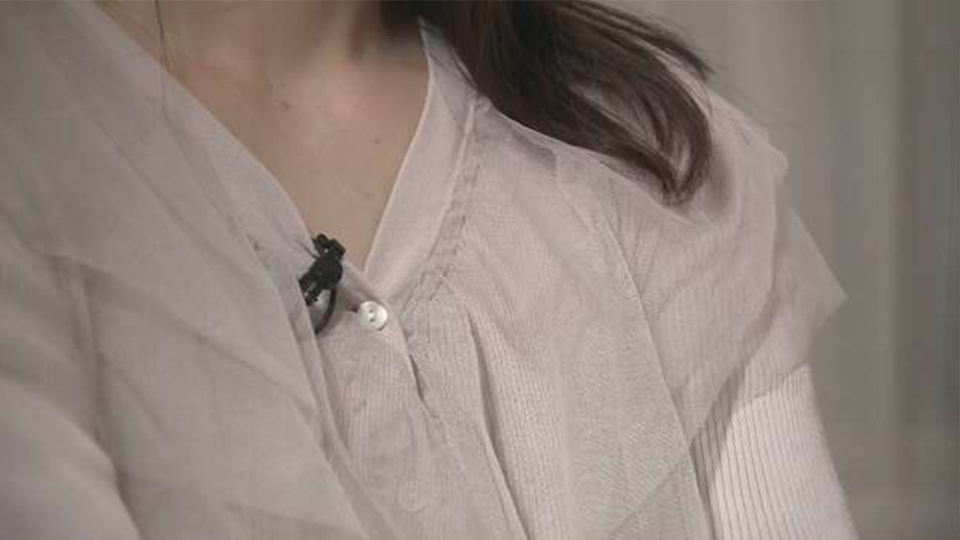
NHK spoke with a Tokyo woman in her 40s who visited a beauty clinic last year to receive a drip claimed to make skin more beautiful. But she immediately experienced extreme abdominal pain and nausea.
The woman was rushed to a nearby hospital, where she was told she might have experienced a severe allergic reaction.
She says the doctor at the beauty clinic didn't bother to check what was wrong, even though she was in pain.
"I asked myself, 'Is this clinic really a medical institution?'" she recalls.
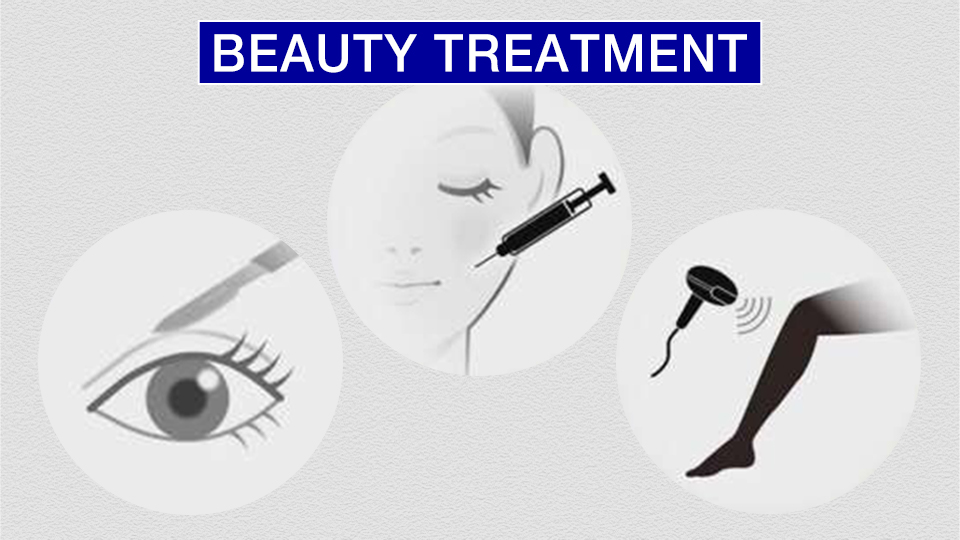
Clinics established by 'general incorporated associations'
NHK requested disclosures from Osaka City and the 23 wards of Tokyo. It found that as of the end of last year, there were 298 clinics established as "general incorporated associations," a six-fold increase over the previous five years. More than 60% of them were beauty clinics offering treatments not covered by public health insurance.
General incorporated associations are lightly regulated and can be established just by registering. They came into existence in 2008 through government reforms.
The majority of Japan's more than 100,000 medical clinics nationwide are opened by medical corporations or individual doctors. The associations represent a new and easier way, and their clinics have soared in number.
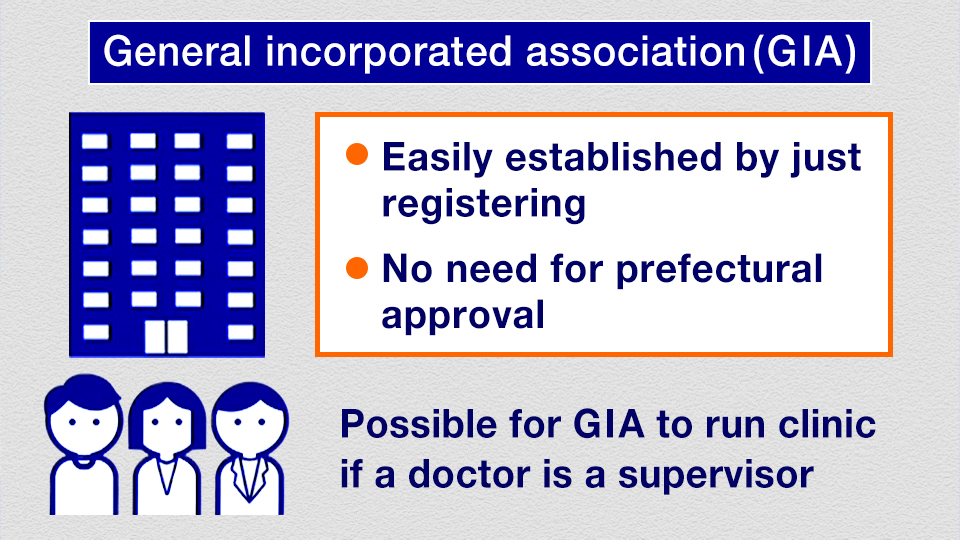
Medical corporations have to have a medical doctor as a representative, but general incorporated association clinics can be established by anyone as long as they have a doctor as a supervisor. As a general rule, this position must be full-time so that the doctor is committed to ensuring safety of the medical care.
These clinics also do not require prefectural approval.
Doctors lend name to clinics, often absent
However, when NHK interviewed some of these doctors, several admitted they were simply lending their names to the business.
One doctor registered with a beauty clinic in Osaka said they only went to the place when staff from a public health center paid a visit. "I never went back. I was just lending my name to the clinic."
Another doctor supervising a beauty clinic in Tokyo said, "I only work once a week. I accepted the position to make money."
Former staffer: 'Doctor only came to clinic once'
A former staff member at a beauty clinic opened by a general incorporated association in a major city says the owner was from the restaurant industry.
The doctor registered with the public health center as the supervisor came in only once during the year or more the staff member worked there.
About 30 part-time doctors specializing in pediatrics and anesthesiology worked on rotation.
With no manual to deal with problems, the person said, "No one was responsible for medical treatment at the clinic, and I always wondered what would happen if something went wrong."

Light-touch regulation
General incorporated associations do not have supervisory authority and are not subject to the regulations imposed on medical corporations. If their clinics are recognized as non-profit by a public health center, they can open with no problem.
Non-physicians can serve as representatives, as long as there is a doctor working as a supervisor. There is no need to submit regular business reports to the prefectural government or to obtain administrative approval.
These factors all make it easier for associations to expand their operations with branch clinics.
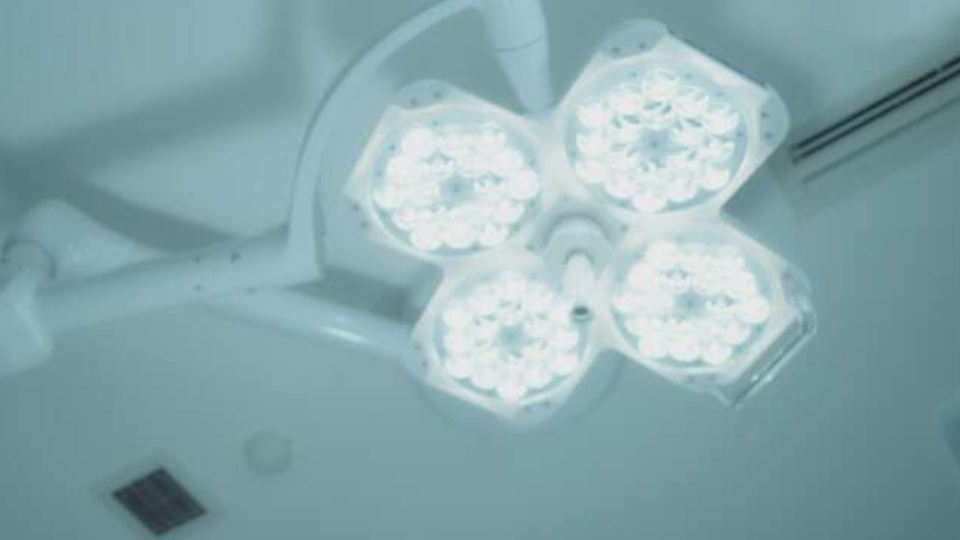
A person involved in a beauty clinic told NHK, "Medical corporations are run with the highest priority on medical ethics and safety because the top person is a doctor, while general incorporated associations are designed to be easy to operate for managers in different industries who prioritize profits."
Kumazawa Yuichiro, an official of the Public Health Center in Shibuya, Tokyo, says clinics are generally allowed to open as long as they have the necessary documents ― even if questions arise during the screening process.
Expert: Government must strengthen oversight
People in non-medical industries started entering the field after noticing that opening clinics as a general incorporated association is an easy process, according to Dr. Yoshimura Kensuke, an expert in medical policy at Chiba University Hospital.
He warns of the danger of accidents caused by doctors not sufficiently trained for high-risk operations, in light of general incorporated associations expanding their business far from the eyes of a third party. He also notes the risk of customers receiving excessive amounts of treatment.
"A system allowing the government to regularly check the details of businesses should be considered," he said.
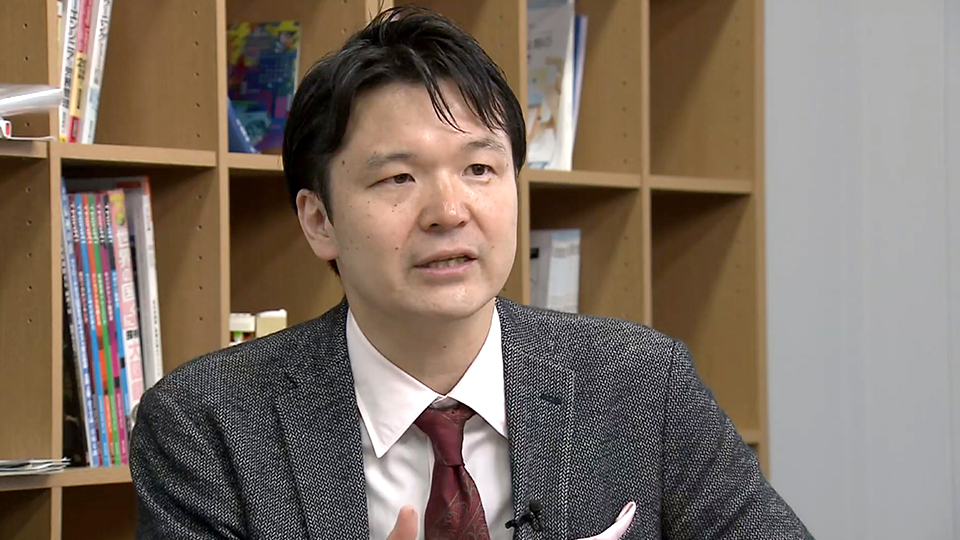
In January, the Ministry of Health, Labor and Welfare conducted its first fact-finding survey of prefectural governments and public health centers regarding the rapidly-increasing number of clinics opened by general incorporated associations.
The ministry will set up a study group consisting of specialist doctors and others to discuss what kind of beauty treatments are appropriate and what measures should be taken.
